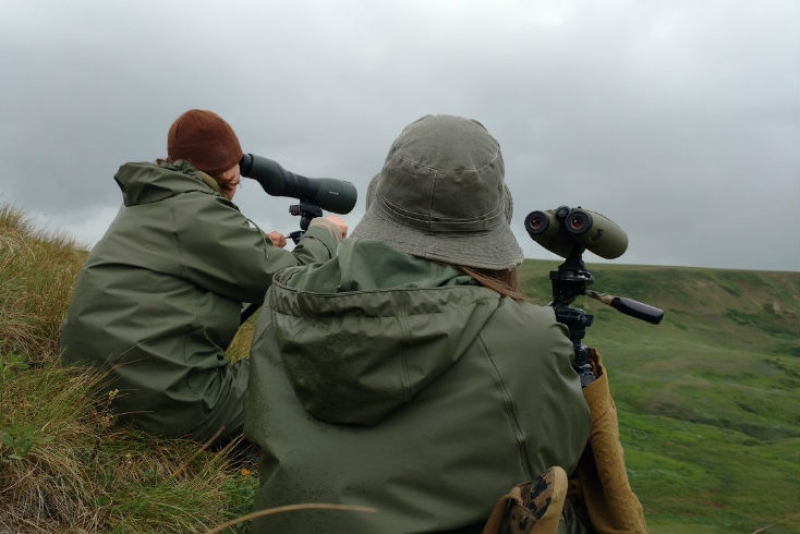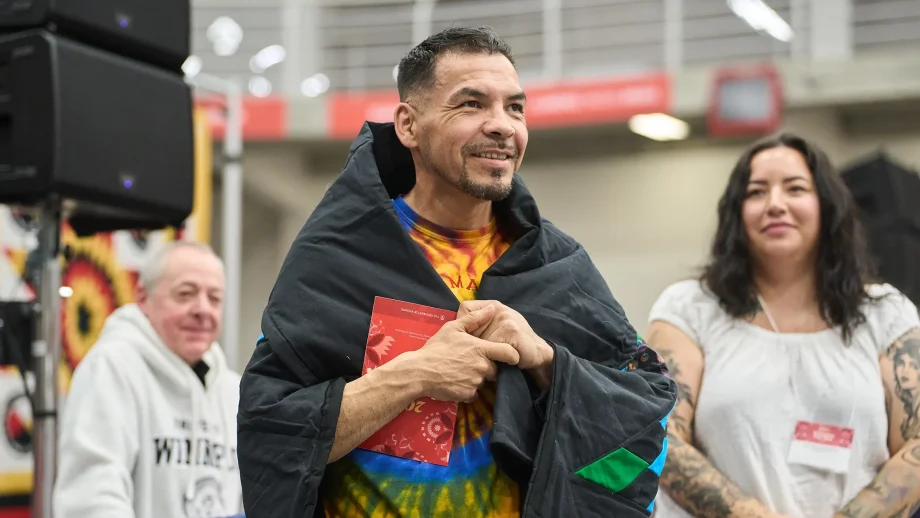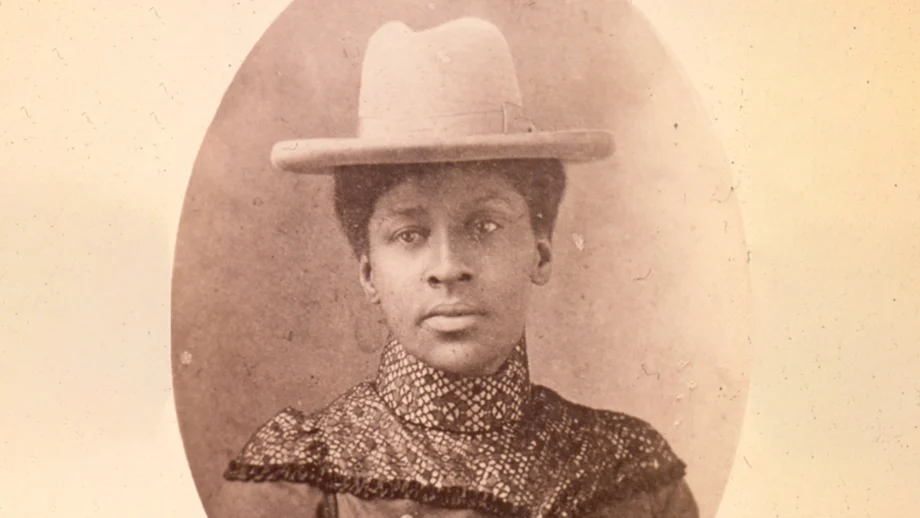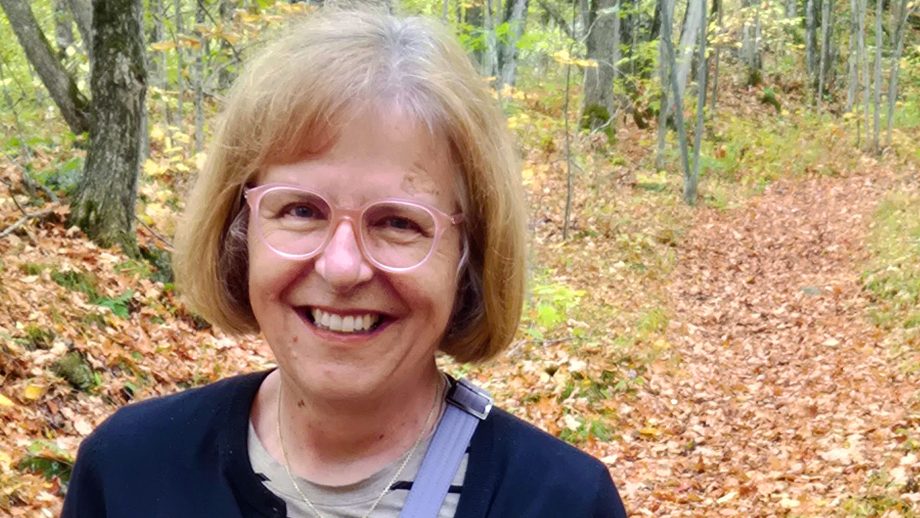UWinnipeg’s evolutionary biologist Susan Lingle is fascinated with infant cries of all kinds, including those of baby seals, mule deer and human newborns. CBC’s Nature of Things with David Suzuki will feature her research on their upcoming program on laughing and crying that airs on
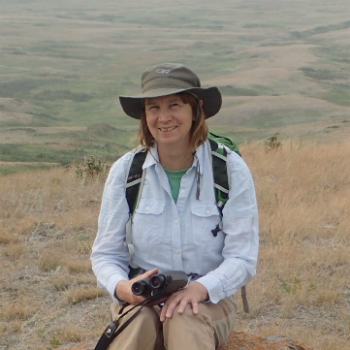
Dr. Susan Lingle, photo supplied
CBC this Sunday, March 3 at 7:00 pm CST.
Lingle and two of her graduate students, Cora Romanow and Kelsey Saboraki, helped the crew examine the evolutionary bases of crying.
“Our research with deer suggests that infant cries, and caregiver responses to infant cries, are shared across mammals. Mammal mothers are hardwired to respond to the infant distress calls of a wide variety of species — even those separated by tens of millions of years of evolution.”
In one of her previous study’s that was published in the American Naturalist, she played infant cries of diverse species to mule deer and white-tailed deer mothers at the McIntyre Ranch, a large cattle ranch in southern Alberta. She found deer mothers approached a speaker playing distress vocalizations of infant seals, domestic cats, marmots, bats, humans and other mammals.
“Not only humans, but even deer mothers are attracted to the cries of infants from other species,” said Lingle.
These findings suggest that non-human animals are sensitive to cues associated with infants even when those cues are present in different species.
“As humans, we sometimes empathize with other species, especially the young, and we tend to credit superior human capabilities for this sentiment. Our results suggest that fundamental similarities in infant cries and parental responses to these cries may instead be shared widely across mammals.”

